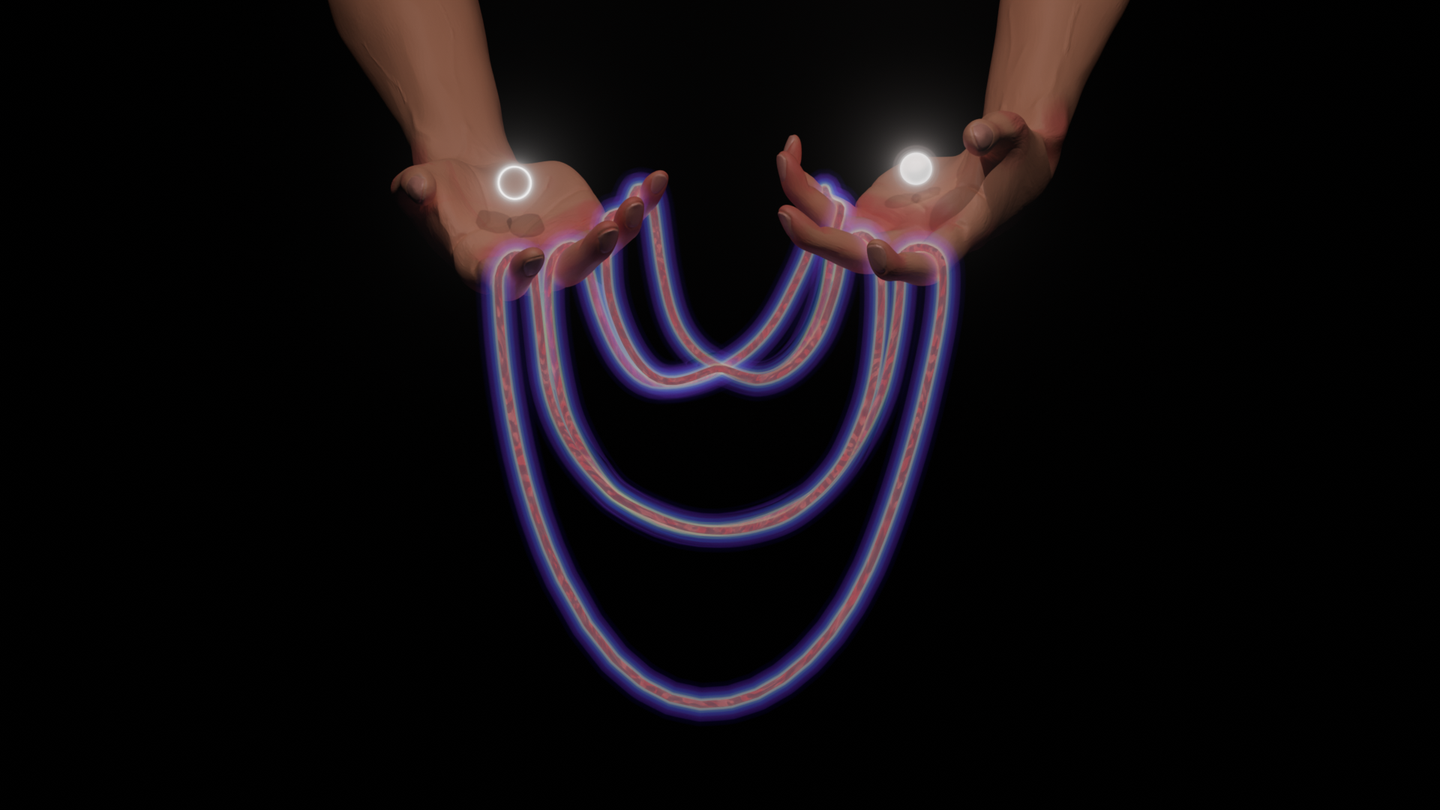Staying active slows down memory loss and keeps your brain sharp, study finds
New research shows that steady physical activity helps older adults slow memory loss and may delay dementia for years.

Study shows staying active over time slows memory loss and may delay dementia by years. (CREDIT: Adobe Stock)
Staying active does more than keep muscles strong and hearts healthy. New research shows it can also slow down memory loss and help keep your brain sharp as you get older. A study led by a team at the University of Georgia used data from over 13,000 people to explore the effects of physical activity on the brain. The results may change how we think about exercise—not just as a way to stay fit, but also as a powerful tool to protect the mind.
Long-Term Activity Brings Big Brain Benefits
Researchers followed adults aged 50 and older for 16 years as part of a national survey. These participants shared how often they exercised, and the researchers grouped their activity into three levels. Running and jogging counted as vigorous, dancing and gardening as moderate, and tasks like laundry and vacuuming as mild.
What stood out was that people who moved more often over time had slower cognitive decline. In other words, their thinking and memory stayed sharper for longer.
“We found that longer and more frequent engagement in physical activity was associated with delayed cognitive decline,” said Suhang Song, lead author of the study. “These protective benefits grew over the length of the study.”
Unlike many past studies, this one didn’t focus on how many minutes someone exercised. Instead, it looked at long-term habits—how often people stayed active across many years. And the pattern was clear: more years of regular movement led to better brain health.
Even Small Steps Make a Difference
The good news is that you don’t have to be a marathon runner to benefit. The study found that even small increases in activity made a big impact over time.
Related Stories
For example, if someone went from jogging once or twice a month to once a week, their rate of mental decline slowed. If a person added more moderate activity—like gardening or dancing—a few times each week, their brain stayed sharper longer.
“The improvement of the decline rate may seem modest, but it builds up over time,” Song explained. “If this slower decline continues, it could potentially delay the onset of dementia by many years, giving people more time to live independently and maintain quality of life.” This delay can mean several extra years of clear thinking and self-care—years that many older adults and their families would greatly value.
Activity That Lasts a Lifetime
What makes this study different from others is its focus on consistency. It’s not just about working out hard for a few months. The biggest benefits came from people who stayed active year after year.
By sticking to a routine, even one that includes only moderate or light activities, older adults slowed down their mental aging. This supports the idea that long-term habits, not short bursts, make the biggest difference for brain health.
Physical activity has long been known to protect against heart disease, diabetes, and other chronic conditions. Now, this research adds strong evidence that it helps the brain as well—especially when done consistently.
How to Support Healthy Habits
The findings offer a clear message for doctors, caregivers, and public health leaders. Encouraging older adults to stay active could be one of the best ways to reduce the risk of dementia.
Song believes these results should help guide how we create health programs for older adults. “Our findings offer support in informing targeted interventions that support timely, consistent and long-term physical activity among older adults,” she said. “From clinical practice and from the intervention side, continuous physical activity is an important proactive measure.”
Helping people set achievable goals, especially in older age, may help them build a routine they can keep up. This includes offering advice through doctor visits or building community programs that make activity easy and fun.
As people age, it’s common to slow down. But this study shows that keeping movement in your life—no matter how small—can protect your mind just as much as your body. Song’s advice is simple but powerful: move more and keep moving.
Research findings are available online in The Journal of Prevention of Alzheimer s Disease.
Note: The article above provided above by The Brighter Side of News.
Like these kind of feel good stories? Get The Brighter Side of News' newsletter.



